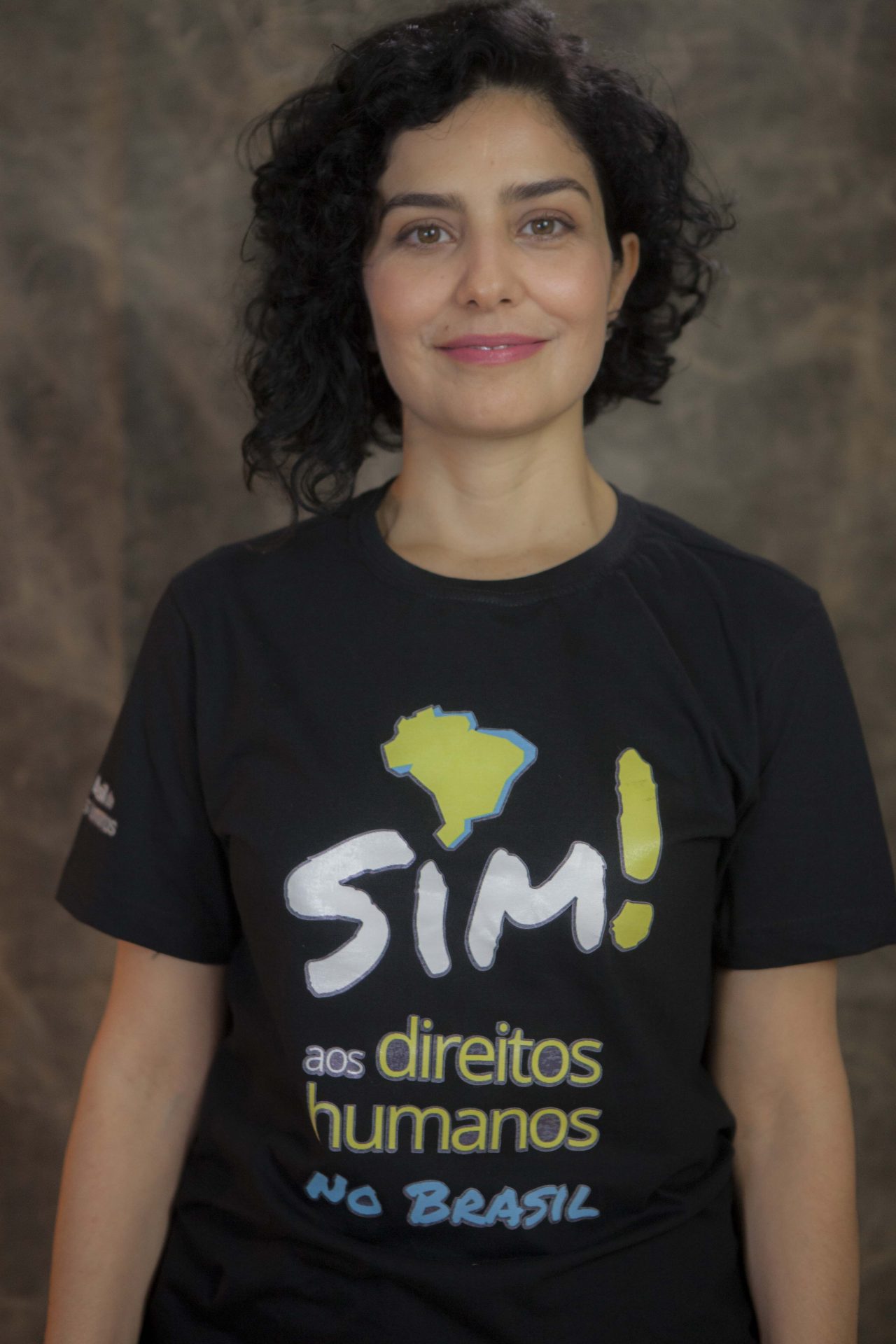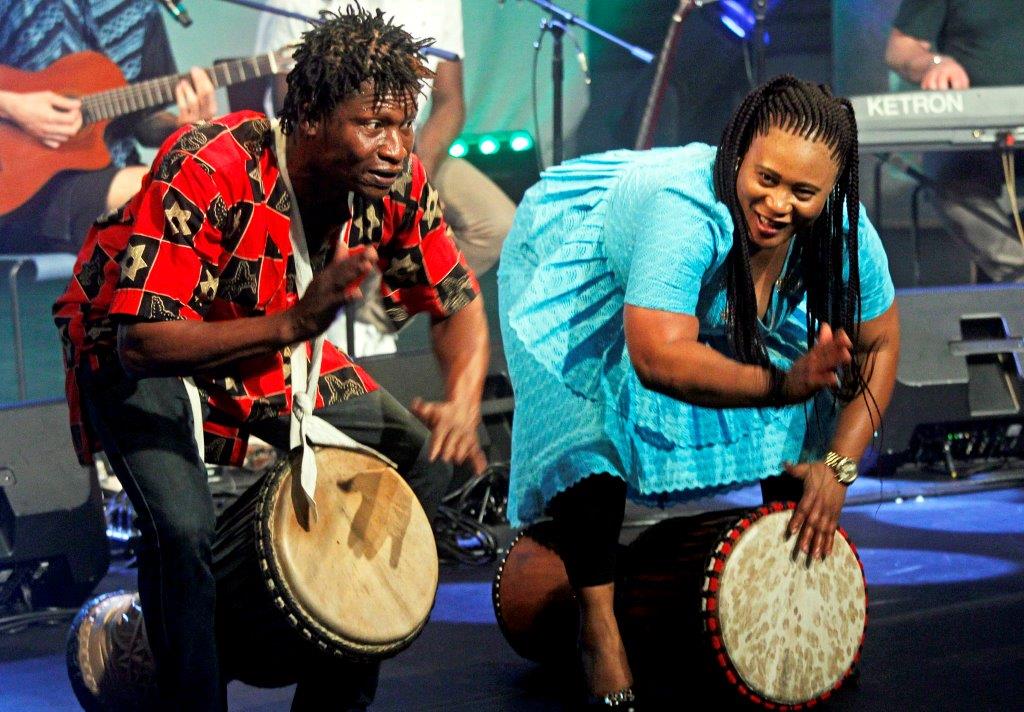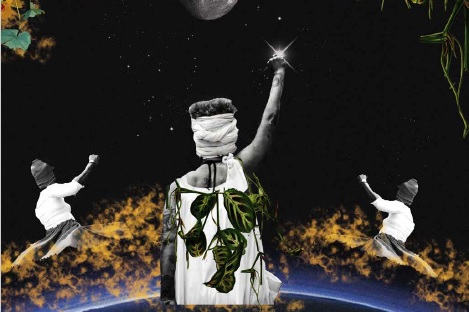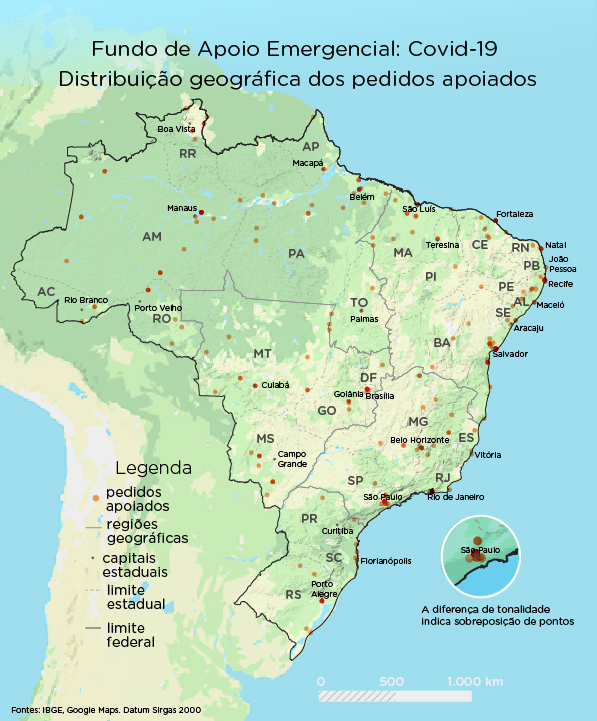The Black Women’s March for Reparations and Good Living takes place this Tuesday, 25 November, in Brasília. The Brazil Human Rights Fund granted a total of R$ 901.868,84 to help build the mobilization and ensure that Black women’s organizations and collectives can take part in the March.
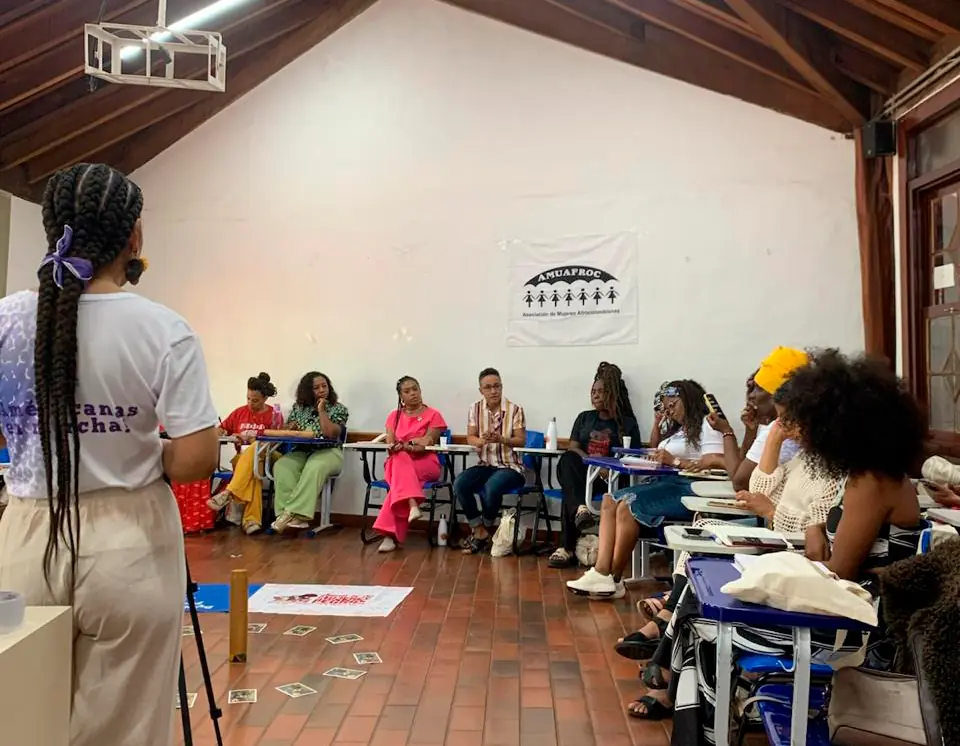
Activity at the Casa Mulheres Negras Decidem (House of Black Women Decide), in Brasília. Photo: Ana Faustino | Brazil Fund Archive
The resources were allocated to 49 Black women’s groups across the country with active projects supported through the Brazil Fund’s calls for proposals. This is therefore an additional grant aimed at strengthening these groups’ advocacy for rights. The allocations were made through the Tackling Racism program line and through Labora – Fund for Decent Work.
“The Black Women’s March is an essential political force in the struggle for racial justice in Brazil,” says Allyne Andrade, deputy executive director of the Brazil Human Rights Fund.
According to Allyne, the Fund’s daily work shows that Black women are at the forefront of efforts to expand democracy in the country.
“We support human rights work across more than 15 issue areas. This shows us, in very concrete terms, that – regardless of the front of struggle – Black women are crafting proposals for citizenship and good living. By supporting this historic mobilization, we reaffirm the Brazil Fund’s commitment to defending human rights as broadly as possible, with racial, gender, and territorial justice. And, considering that we have just hosted a COP here in the Brazilian Amazon, with climate justice on the agenda, which is also a central concern for Black women.”
About the Black Women’s March
The March has been collectively built for more than a year by thousands of Black women’s groups and collectives in every Brazilian state. Its official website recalls that over 100,000 Black women marched in 2015 against racism and violence, and for good living. That historic process shaped and strengthened Black women’s political organizing in Brazil and across Latin America in the years that followed. The 2nd National Black Women’s March also includes international participation. The full program features more than 60 activities between 20 and 26 November and is available on the March’s official website.
The Brazil Human Rights Fund team is attending the March with a delegation of eight staff members working in the foundation’s management and in projects related to racial justice, quilombola rights, and communications.






















